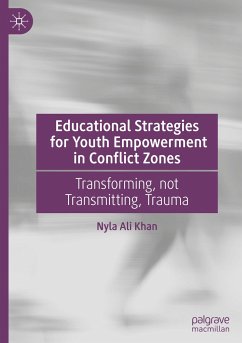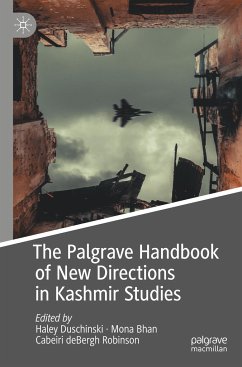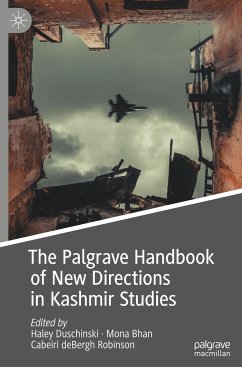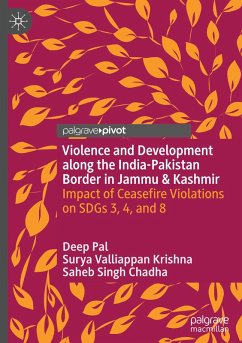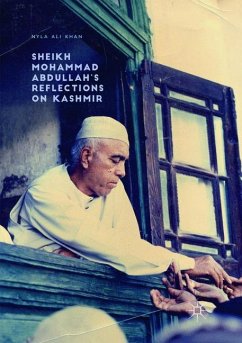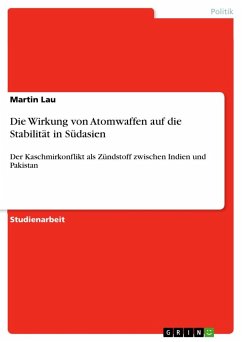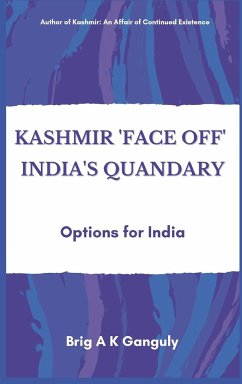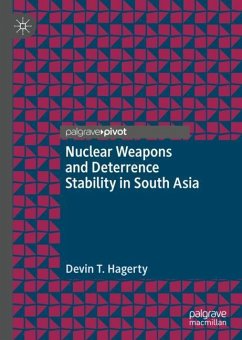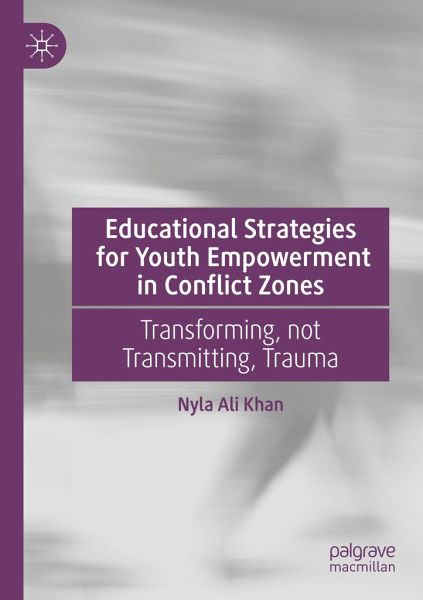
Educational Strategies for Youth Empowerment in Conflict Zones
Transforming, not Transmitting, Trauma
Versandkostenfrei!
Versandfertig in 6-10 Tagen
139,09 €
inkl. MwSt.
Weitere Ausgaben:

PAYBACK Punkte
0 °P sammeln!
This book offers fresh and exciting new directions of inquiry into the highly contentious issue of conflict resolution in South Asia. By shifting its gaze from a politics of division mired in ethno-nationalisms into a healing and restorative focus, the author moves the dialogue forward into the realm of community, healing, and shared governance. The book analyzes the major constitutional and political missteps that have led to the current situation of violence and distrust in countries such as India and Pakistan, keeping the focus on Jammu and Kashmir. This monograph will appeal to a wide rang...
This book offers fresh and exciting new directions of inquiry into the highly contentious issue of conflict resolution in South Asia. By shifting its gaze from a politics of division mired in ethno-nationalisms into a healing and restorative focus, the author moves the dialogue forward into the realm of community, healing, and shared governance. The book analyzes the major constitutional and political missteps that have led to the current situation of violence and distrust in countries such as India and Pakistan, keeping the focus on Jammu and Kashmir. This monograph will appeal to a wide range of audiences including academics, researchers, graduate students interested in South Asian politics, development, trauma studies, and peace and conflict studies.





